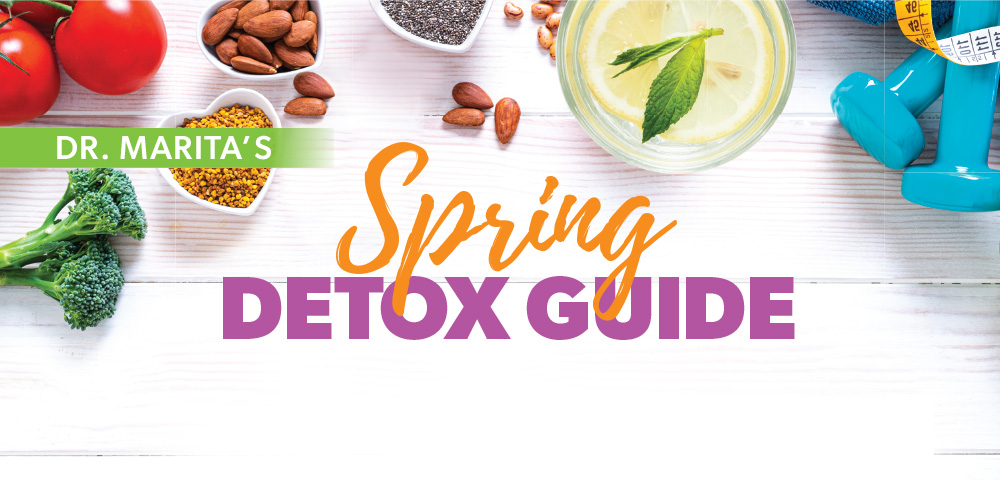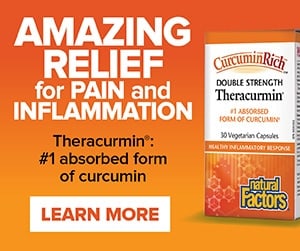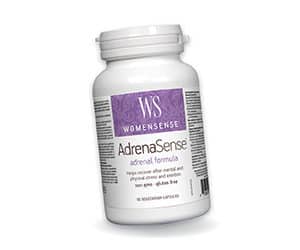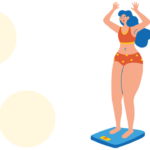
Who’s ready to shake off winter?! I know I am.
As we begin the shift into spring and warmer weather, this is the perfect time to start fresh and kick off the season with a spring detox. But first, let’s start by squashing a couple of detox myths.
A detox isn’t a weight-loss tool. While weight loss may be a side effect of cleaning up the body’s systems and cultivating healthy habits during the detox, detoxing is not in itself an effective weight-loss tool. Many products have been marketed that way, but they can promote unhealthy weight-loss mechanisms that could do more damage than good to your health.
A detox isn’t a “quick fix” or a magic pill. Detoxing can go a long way in improving the functions and health of your body, but should be seen as a supplement to a healthy lifestyle.
Why Detoxing is Important
Our modern lifestyle, especially our diets, is filled with more toxins than ever before. With continued exposure, chemical additives, pharmaceutical products, and toxins in our personal-care and cleaning products, accumulate within our bodies. Our body is equipped with a powerful built-in detoxifying system, but the system can get overrun with the constant exposure to toxins combined with the stress of modern living. This combination can lead to a system that eventually stops functioning correctly. Choosing to consciously detox and reduce exposure to toxins gives the body a chance to reset and move back into balance. Many of us, myself included, could use this reset after the holidays.
How I like to Detox
While many people like to turn to fasting as a method of detoxing, I find this unattainable with a busy lifestyle. This is what discourages many people – the need to disrupt their lives to take on a detox. I like to take a more holistic approach by placing my focus on clean eating and clean living to cultivate this reset.
Dr. Marita’s Detox Guide
What to avoid:
The foods to avoid are mainly inflammatory foods which inhibit our body’s capacity to properly detox on its own, and common food sources of toxins, such as alcohol, caffeine, refined sugar, grains, dairy, and trans fats or industrial oils (vegetable, soybean, sunflower, etc.).
What to eat:
- Focus on drinking plenty of water and herbal teas to keep well hydrated and help flush out your system.
- Eat lots of organic vegetables. If buying organic isn’t feasible for you, make sure to at least avoid the “Dirty Dozen™” vegetables and fruits that contain the highest levels of pesticides.
- Eat plenty of nuts and seeds for healthy fats.
- To avoid heavy-metal content, eat lean, organic or grass-fed, hormone- and antibiotic-free protein, avoiding larger fish, such as tuna and halibut.
- Eating fruit is okay, but stick to fruits with a low glycemic load, such as berries, apples, and pears, and have no more than two servings a day.
Choose detox-supportive supplements
Certain supplements can support your detox, such as milk thistle, dandelion, turmeric, probiotics, adequate fibre, B vitamins, and vitamin C.
Take plenty of rest
It’s not uncommon to feel a bit weary while detoxing, so I recommend taking it easy and getting plenty of sleep.
Keep moving
It’s also essential to keep up physical movement to help stimulate your body and maintain its good health. Walking and yoga are excellent options to keep active if you’re feeling exhausted from the detox.
Detox your life
Cleaning up your act when it comes to personal-care and cleaning products will help your body detox better and reduce your toxic load in the long term. Visit ewg.org to find out more about the toxins in products you use. My absolute favourite thing about detoxing in this way is that it leads to long-term healthy habits. The more toxin-free we can live, the less need we have to detox, and the better our bodies can function at all times!
Happy spring detox!














